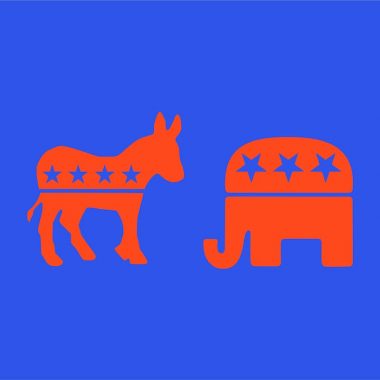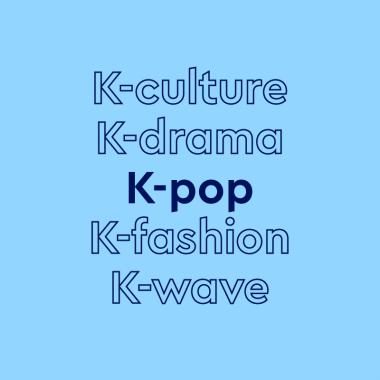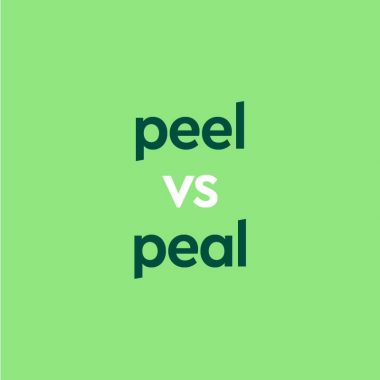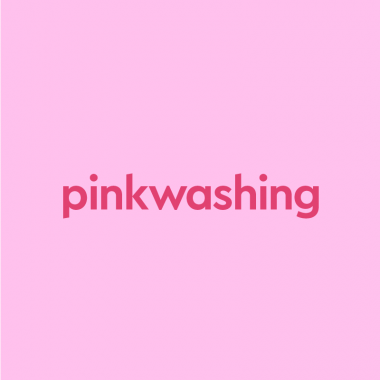“Misinformation” vs. “Disinformation”: Get Informed On The Difference
Information has real-life consequences. It can be a literal life-saver—when it’s true. Unfortunately, the opposite is also true. Untrue information can cause great harm. Like a virus, wrong information can spread, causing what’s been called an infodemic. Now more than ever, we are experiencing the spread of two forms of wrong information: misinformation and disinformation. These two words, so often used interchangeably, are merely one …











